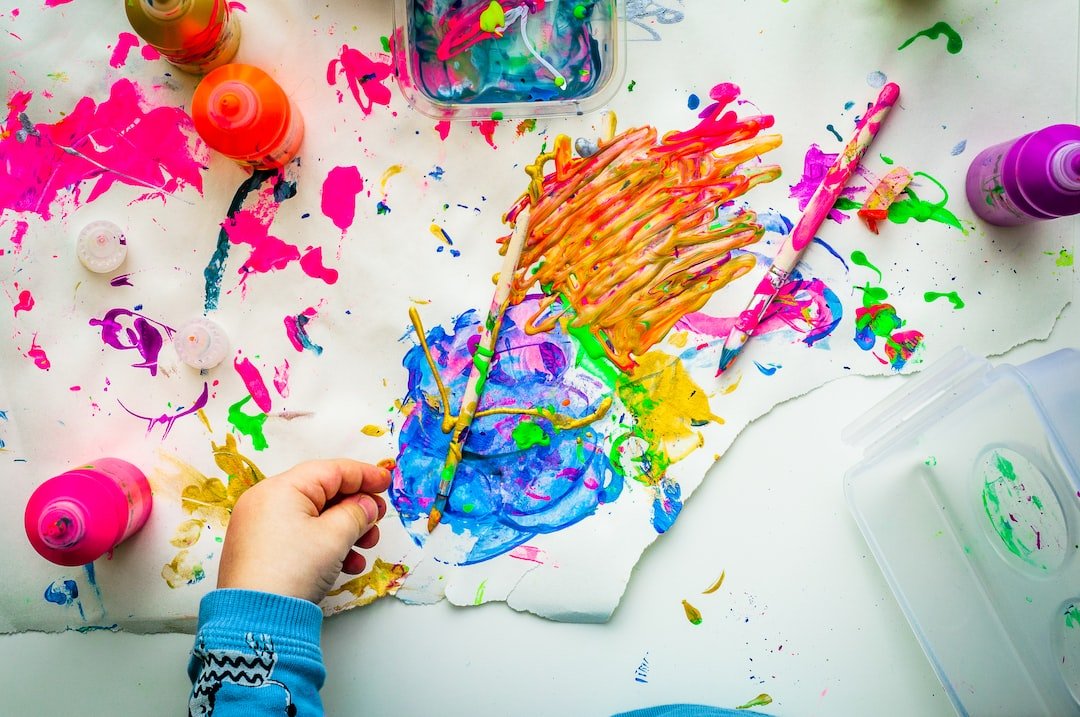The Benefits of Building Strong Teacher-Student Relationships
In today’s fast-paced educational environment, building strong teacher-student relationships may seem like a luxury that educators cannot afford. With curriculum demands, standardized testing, and time constraints, it is easy to overlook the importance of fostering connections with students. However, research consistently suggests that strong teacher-student relationships yield numerous academic and socio-emotional benefits for both parties involved.
1. Improved academic performance:
When students feel connected to their teachers, they are more likely to engage in the learning process and perform better academically. According to a study published in the Review of Educational Research, positive teacher-student relationships are associated with higher levels of student achievement, motivation, and engagement. When students feel valued and supported by their teachers, they are more inclined to participate actively in class, ask questions, and seek help when needed. The reassurance and encouragement provided by a strong teacher-student relationship can boost students’ confidence and create a conducive learning environment.
2. Increased student motivation:
Teachers who establish strong relationships with their students can significantly impact their motivation levels. When students feel connected to their teachers, they develop a sense of ownership and enthusiasm towards their education. A study published in The Journal of Experimental Education found that students who had positive relationships with their teachers reported higher levels of intrinsic motivation, greater persistence, and increased academic optimism. These qualities are crucial for students to develop a genuine love for learning and achieve their full potential.
3. Enhanced socio-emotional development:
Students spend most of their waking hours at school, and the quality of their interactions with teachers profoundly influences their socio-emotional development. A strong teacher-student relationship allows students to feel safe, valued, and understood, fostering healthy socio-emotional growth. According to a study in the Journal of School Psychology, students with positive relationships with their teachers exhibited better social skills, fewer behavioral problems, and higher self-esteem. Additionally, when students have a trusted adult to turn to, they are more likely to develop resilience and cope effectively with stress or challenging situations.
4. Positive classroom climate:
Creating a positive classroom climate is essential for fostering effective learning experiences. Strong teacher-student relationships significantly contribute to a positive classroom environment. When students feel connected and respected by their teachers, they are more likely to feel safe expressing their thoughts and opinions. This leads to increased communication, collaboration, and mutual respect within the classroom. A positive classroom climate not only encourages student engagement but also cultivates a culture of respect, empathy, and inclusivity among students.
5. Prevention of behavior problems:
When teachers establish strong relationships with their students, they create a buffer against behavior problems. Research shows that students who are engaged and connected to their teachers are less likely to exhibit disruptive behaviors, have conflicts with peers, or engage in bullying. These relationships provide students with a sense of belonging and reduce the likelihood of alienation, leading to improved classroom management. By effectively addressing students’ socio-emotional needs, teachers can prevent behavior problems before they even occur.
6. Long-lasting impact:
Strong teacher-student relationships have far-reaching effects that extend beyond the classroom. According to a study published in the Journal of Educational Psychology, positive teacher-student relationships during primary school predict students’ educational outcomes years later, including higher levels of educational attainment, completion of college degrees, and overall career success. These lasting effects demonstrate the significant influence teachers have on shaping students’ lives and future trajectories.
While building strong teacher-student relationships requires effort and investment, the benefits are undeniable. Creating an environment of trust, care, and mutual respect sets the stage for meaningful learning experiences and personal growth. Teachers who prioritize building relationships with their students not only enhance academic outcomes but also contribute to the development of well-rounded individuals who are equipped to face future challenges with confidence.
In conclusion, strong teacher-student relationships are invaluable for both academic and socio-emotional development. By investing time and effort into building these connections, educators have the power to positively influence their students’ lives, academic achievements, and future success. The benefits are not limited to the classroom but extend far beyond, shaping the lives of individuals and communities. As educators, let us recognize the transformative power of strong teacher-student relationships and make them a cornerstone of our educational practices.

